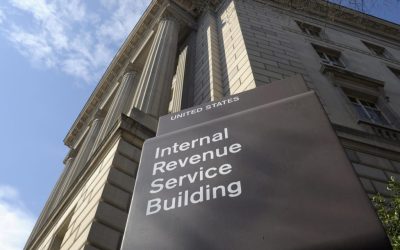Household Employment Blog
Understanding What it Means to be a Household Employer
Should I Pay My Nanny in Cash?
Paying your nanny cash can lead to fines and legal trouble. Learn about the 2025 nanny tax threshold, childcare tax credits, and easy payroll solutions. Protect yourself and your nanny.
Workers’ Compensation for Household Staff: Protecting Yourself and Your Employee
Ensure your household employee’s safety & your financial security. Discover the legal requirements for workers’ comp, its benefits, and why it’s crucial for peace of mind.
IRS Layoffs Threaten Tax Season Delays
IRS layoffs may cause tax return delays this season. Learn how staffing cuts impact processing times and what proactive steps you should take.
What are Form I-9 and E-Verify?
Simplify household employee hiring. Learn how to use Form I-9 & E-Verify to verify eligibility & ensure compliance. Avoid legal issues with our guide
How To Keep Your Best Household Employees
Retain top household staff in your family office. Explore crucial strategies: competitive pay, generous benefits, and a positive work environment.
Hourly or Salary? What’s the Best Way to Pay My Nanny?
Understand the differences between hourly and salary pay for nannies. Get practical guidance on calculating pay, overtime, guaranteed hours, and payroll cycles.
Power of Attorney vs. Guardianship: What’s the Difference?
Plan ahead for your loved one’s future. Understand the key differences between Power of Attorney (POA) and Guardianship, and learn which legal tool is right for your family’s needs.
Divorce or Separation: Who Can Claim a Child as a Dependent on Taxes
Navigating taxes after a divorce with children can be tricky. This guide simplifies the rules around claiming dependents, including eligibility requirements and available tax breaks for single parents. Learn who qualifies as the custodial parent and how to maximize your deductions.
Employee Retention in Household Staffing
Learn why employee retention for family offices is crucial and discover effective strategies to build a strong team and protect your legacy.
Sign up for our Newsletter
Household Employer Digest











 Get your free:
Get your free: